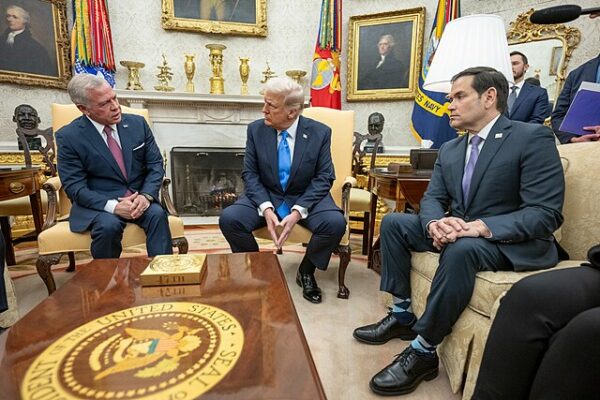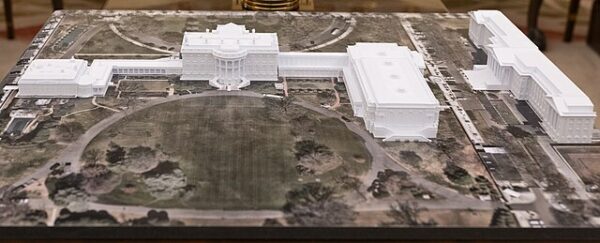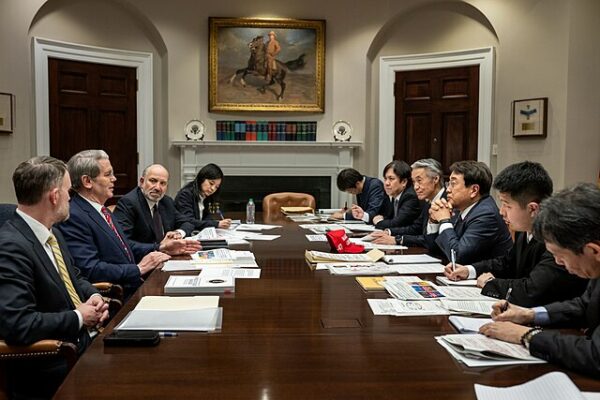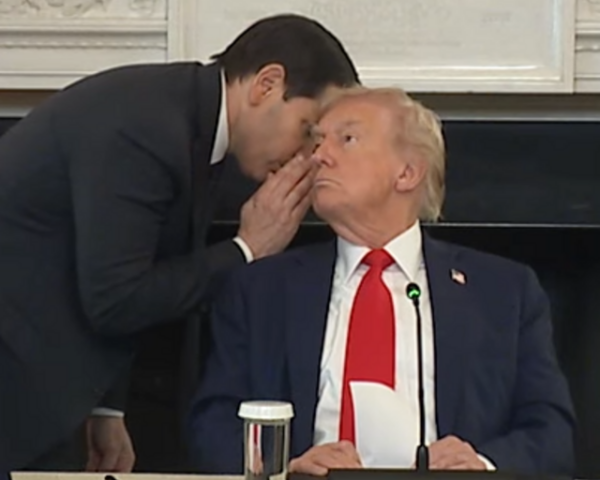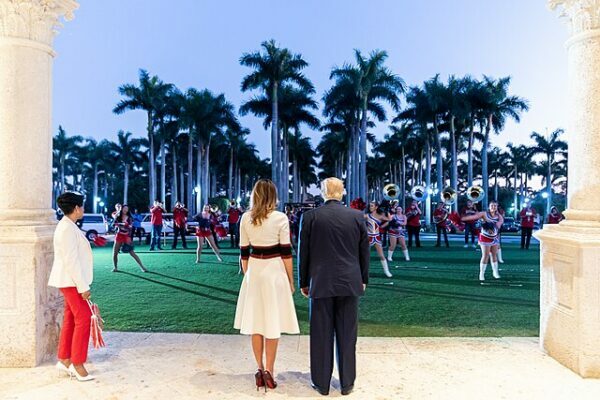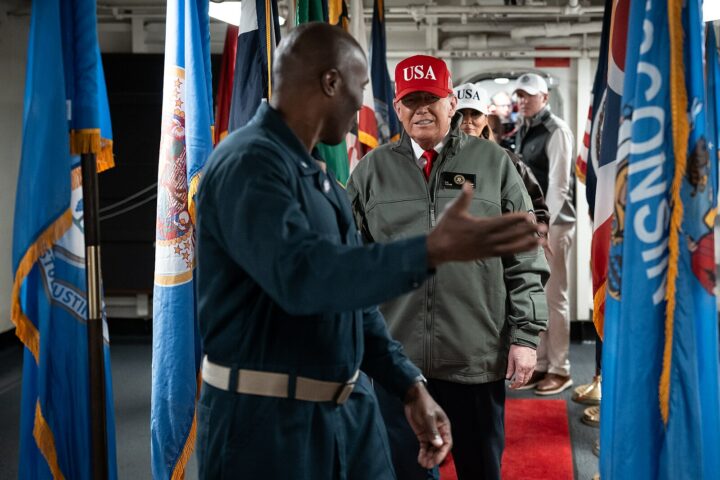With airstrikes intensifying across the Middle East, President Donald Trump on Sunday expressed cautious optimism that Israel and Iran could eventually reach a diplomatic settlement—even as he acknowledged that further conflict might be unavoidable in the short term.
“Well, I hope there’s going to be a deal,” Trump said. “I think it’s time for a deal, and we’ll see what happens. But sometimes they have to fight it out. But we’re going to see what happens. I think there’s a good chance there will be a deal.”
The president’s comments followed a dramatic escalation between the two regional adversaries. Last week, Israeli forces carried out targeted airstrikes against Iranian nuclear and military infrastructure, actions which Jerusalem described as necessary to disrupt Tehran’s progress toward nuclear weapons capability. The strikes reportedly caused dozens of casualties and triggered swift retaliation. In response, Iran canceled a planned round of nuclear talks in Oman and launched a volley of missiles toward Israeli territory.
According to the Israel Defense Forces, Israeli aircraft and naval assets intercepted more than 100 Iranian drones in the aftermath of the missile strikes, according to reports. Few reached Israeli soil. Israel also launched additional strikes against Iranian missile platforms in central Iran, as both nations appeared to brace for a deeper confrontation.
Despite the severity of the exchanges, the White House maintained that the United States had no involvement in Israel’s military actions. Trump’s remarks underscored his administration’s preference for a negotiated outcome but also reflected the belief that sustained diplomatic progress might require a demonstration of strength on both sides.
The United States has begun to move tankers east in order to give President Trump more military options should he need them.
Good morning.
With the addition of 4 tankers out of New Jersey, there are now at least 32 tankers observed in the overnight group.
A considerable portion went to Morón Air Base in Spain, with others on to UK, Germany, Italy and 1 to Estonia. A few pressed on to CENTCOM AOR. https://t.co/2Dvy31FtWc pic.twitter.com/5fvFE2jb9a
— Evergreen Intel (@vcdgf555) June 16, 2025
The canceled nuclear talks in Oman were part of broader international efforts to limit Iran’s uranium enrichment and missile development. Modeled loosely on the 2015 Joint Comprehensive Plan of Action, which Trump withdrew from during his first term, the negotiations were seen as a possible avenue for reducing tensions in the region. However, repeated Iranian violations, coupled with Israeli security concerns, have made the diplomatic path increasingly narrow.
Trump’s approach to Middle East diplomacy has long emphasized pressure and leverage over conventional appeasement. From the 2020 Abraham Accords to the targeted killing of Iranian General Qassem Soleimani, his foreign policy doctrine favors strength as a precondition to negotiation.
[Read More: Senator Compares American Military To Chinese Repression]

